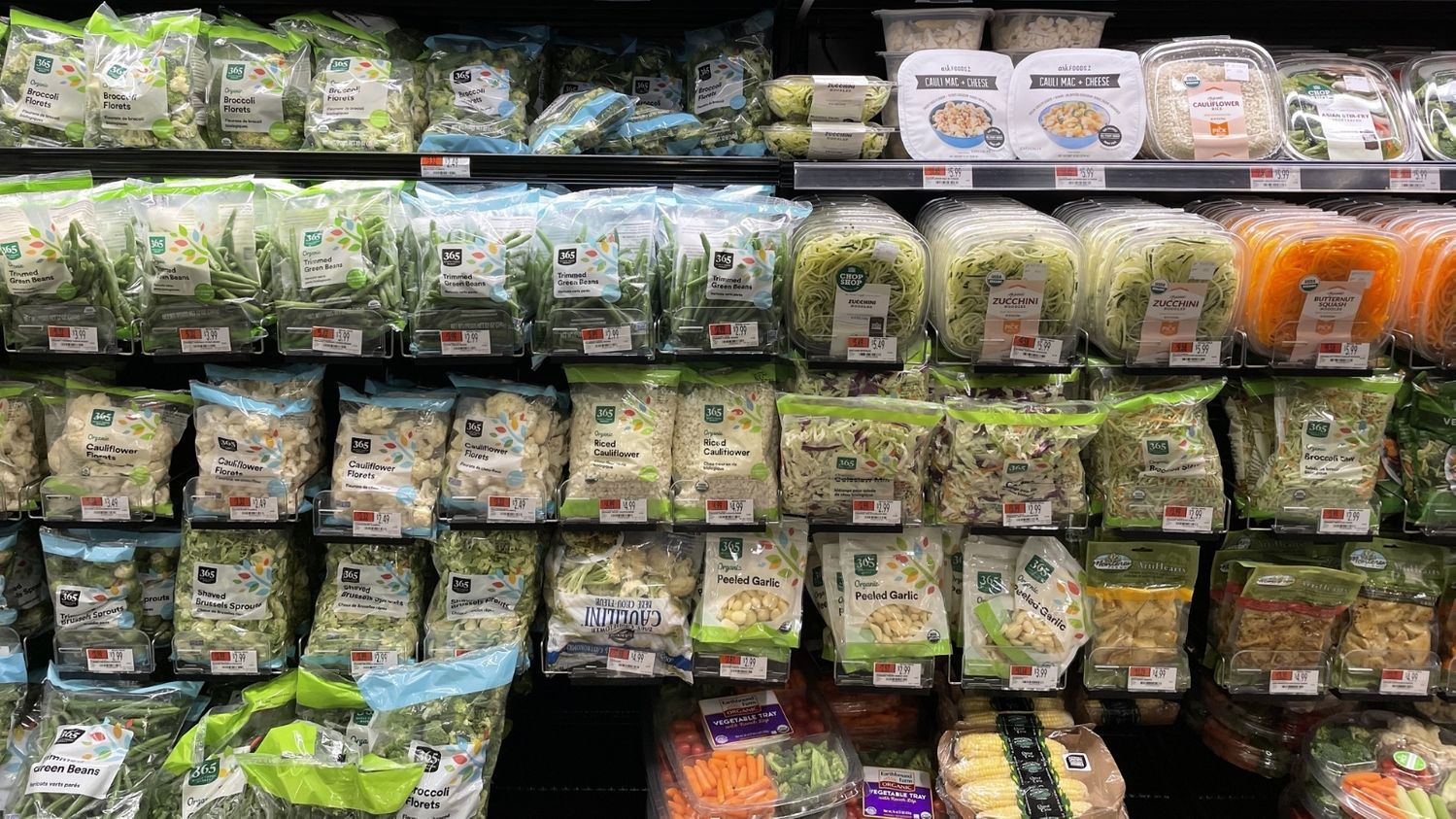
Tell Whole Foods: Stop using wasteful plastic packaging
Whole Foods built its reputation on a commitment to sustainability and environmentally responsible retail, yet its shelves are still lined with wasteful plastic packaging.
ADD YOUR NAME
As you walk down the aisles of your local Whole Foods, with the colors of fresh produce and the aroma of grinding coffee beans filling your senses, it’s easy to connect with the store’s brand identity: sustainably sourced products that are good for people and the planet.
But what about all of the plastic?
For a company that has built its reputation on eco-friendly products, Whole Foods can and should do better when it comes to plastic packaging and waste. In 2021, Whole Foods received a failing grade on a Plastic Pollution Scorecard — ranking it behind the likes of Walmart and Taco Bell.
Plastic waste and pollution are not only harming our communities and our health right now. All of that will persist in our environment beyond our lifetimes — harming our natural ecosystems, wildlife and public health for generations to come.
Despite industry claims, and despite the effort so many of us take to put the right kinds of plastics into our recycling bins, over 91% of plastic is not being recycled.
The bottom line: Our world would be a better place with less plastic in it. And what better place to start reducing plastic than a grocery store that has built its brand on sustainability?
In 2008, Whole Foods did the right thing by becoming the first U.S. grocer to ban disposable plastic checkout bags. But there’s so much more the store could do. For example, this past year PIRG researchers found that less than 50% of Whole Foods’ in-house “365” brand products were available in plastic-free packaging.
Whole Foods doesn’t need to reinvent the wheel to solve this problem. For instance, why not get rid of the plastic windows on store-brand chip bags and pasta boxes? That’s a sure-fire way to keep that plastic out of our landfills, parks and waterways.
Whole Foods can and should do more to reflect its customers’ values, re-establish itself as a leader in environmentally responsible retail, and most importantly do right by the public and the planet.
That’s why we’re calling on Whole Foods to reduce the amount of single-use packaging in its stores in order to help solve the plastic problem.
After all, the more single-use plastic we eliminate, the less of it we’ll have to pick up on our streets, parks and beaches.
Join us in urging Whole Foods to reduce plastic waste.
By reducing plastic waste, Whole Foods can help reduce plastic waste and pollution.
ADD YOUR NAME